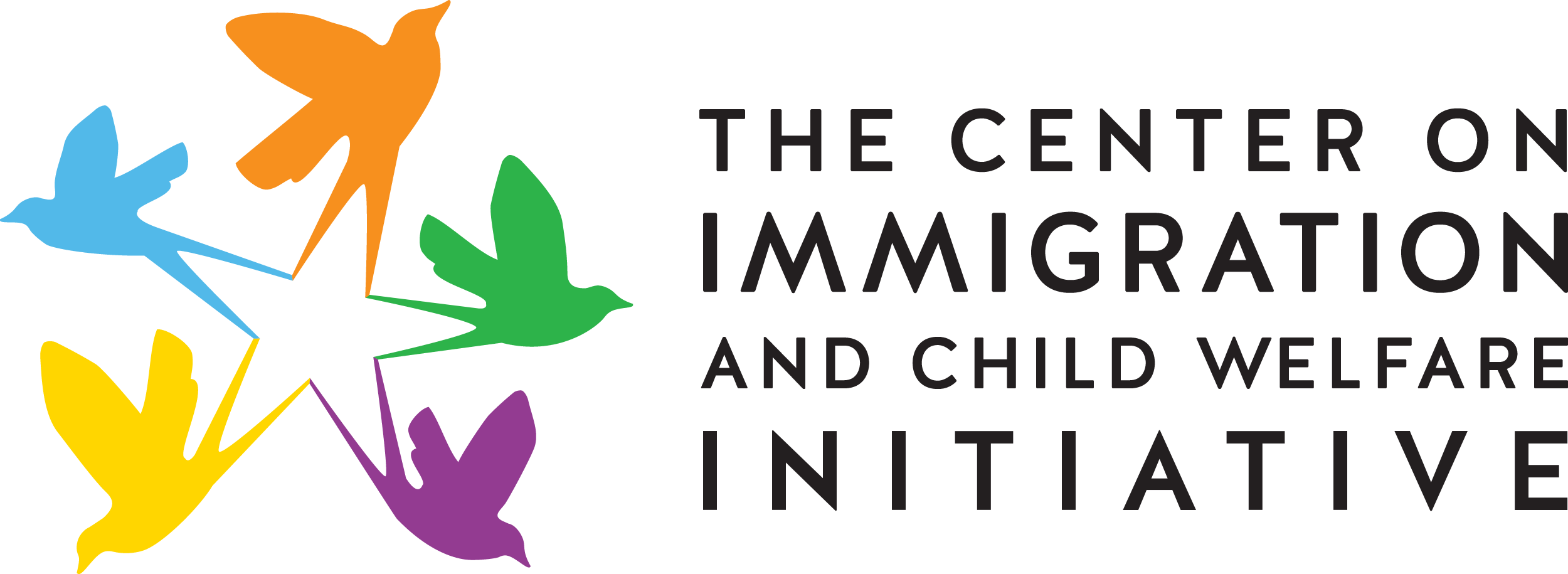Application of the Child Status Protection Act to the Children of U.S. Citizen Petitioners
Immigrant Legal Resource Center (December 2018)
This practice advisory is one of a series of ILRC Practice Advisories on the Child Status Protection Act (CSPA).1 CSPA, enacted on August 6, 2002, is a complex law that applies in different ways to different types of immigrant offspring. The overall intent of this law is to compensate for delays in processing that in the past caused the children of immigrants to age out and become ineligible for certain immigration benefits through their parents.
Public Charge and Naturalization
Erin Quinn and Melissa Rodgers, Immigrant Legal Resource Center (November 21, 2018)
A Timeline: How the Trump Administration is Rolling Back Protections for Children
Kids in Need of Defense (October 9, 2018)
This updated publication provides a detailed timeline of the Trump administration’s actions to rollback child protections. The timeline details when all these actions took place, who put them into action, and what the impact on children is.
Who Would Be Harmed by Trump’s “Public Charge” Proposal?
Jackie Vimo, CLASP (October 30, 2018)
The proposed “public charge” rule from the Trump administration would result in declines of immigrant families’ access to the basics we all need to survive. The proposal would make—and has already made—immigrant families afraid to seek programs that help them stay strong and productive and raise children who thrive.
Challenges to TPS terminations
Catholic Legal Network, Inc. ( October 12, 2018)
The U.S. Department of Homeland Security (DHS) has announced the termination of Temporary Protected Status (TPS) designations for nationals of Sudan, Nicaragua, Haiti, El Salvador, Nepal, and Honduras. In the wake of these termination decisions, several different cases have been filed in U.S district courts.
No End in Sight, Why Migrants Give Up on Their U.S. Immigration Cases
Southern Poverty Law Center (October 24, 2018)
Every day, thousands of people are locked away in detention centers – essentially prisons – as they pursue their immigration cases and the hope of a new life in the United States. Many have fled violence and bodily harm in their home countries. But all too often, detained immigrants, particularly in the Deep South, give up on their cases because their conditions of confinement are too crushing to bear.
Changing Public Charge Immigration Rules: The Potential Impact on Children Who Need Care
Leah Zallman and Karen Finnegan, California Health Care Foundation (October 23, 2018)
This issue brief discusses how the Trump administration changes to the public charge rule could impact Medicaid and Children’s Health Insurance Program (CHIP) enrollment among a particularly vulnerable group: low- and moderate-income children “in need of medical attention,” defined as children with a current or recent medical diagnosis, disability, and/or need for specific therapy.
Proposed Changes to “Public Charge” Policies for Immigrants: Implications for Health Coverage
Henry Kaiser Family Foundation (September 24, 2018)
This fact sheet provides an overview of the proposed changes to “public charge” policies and its implications for health and health coverage of legal immigrant families and their predominantly U.S.-born children.
The Trump Administration and the Flores Settlement Agreement: An Attempt to Undermine Decades-Old Protections for Vulnerable Children
Kids in Need of Defense ( September 19, 2018)
The proposed termination of the Flores settlement would expand the government’s ability to detain children for longer periods in family detention facilities and to lessen the standards it is required to meet in detaining unaccompanied children. This fact sheet reviews exactly what these expanded abilities would be.

